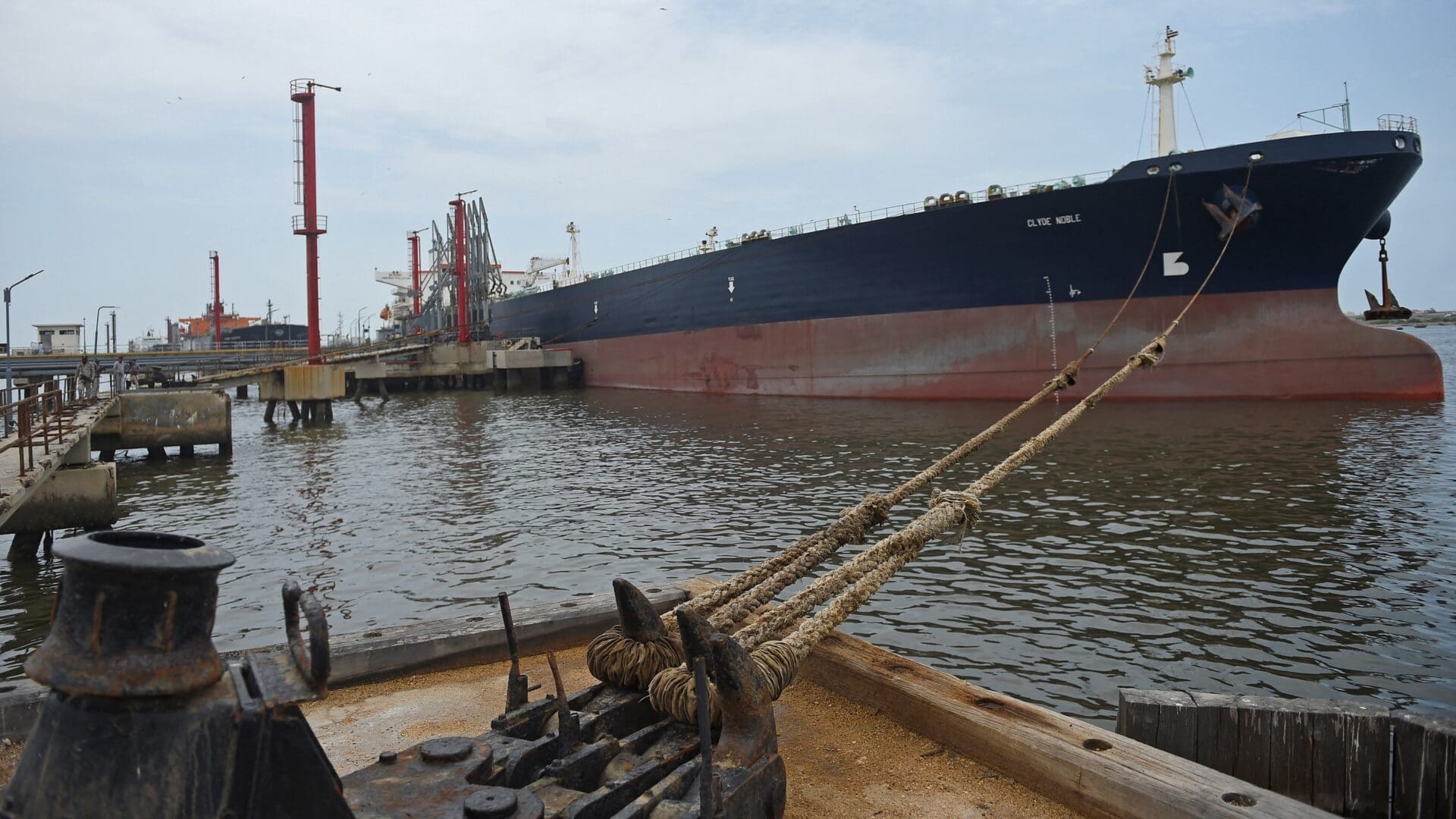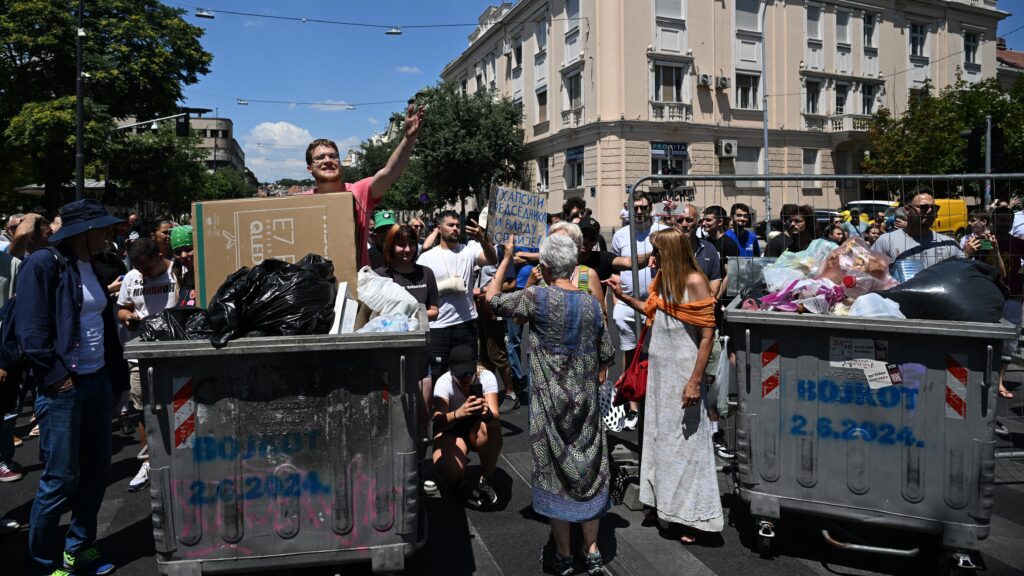A rare opinion piece was recently published by POLITICO, in which the author delves into the Western sanctions on Russia. The article by Samir Puri, an associate fellow at Chatham House and a visiting lecturer at King’s College London, begins with the statement: ‘While Russian President Vladimir Putin’s overwhelming election victory was expected—actually, preordained—his regime’s resistance to Western sanctions continues to surprise.’
From POLITICO, known as the mouthpiece of the Brussels liberals, it’s uncommon to encounter such candid discussion about the war in Ukraine and the ineffectiveness of sanctions against Russia, deviating from the narrative of the Western mainstream. Within the article, the author highlights that, based on historical experience, one might have expected punitive measures to compel Moscow to back down once the war broke out. However, for a variety of reasons, it did not happen.
According to Puri, one of the reasons behind this is the rapid decline of the United States’ influence on the international order and geopolitical processes.
‘But while the dollar may still have international economic primacy today, Russia’s recent improvement in military performance despite Western sanctions proves that the U.S. can no longer reverse actions it dislikes simply with a stroke of the Treasury’s pen.’
Among the additional factors, the author points out that the ‘partial’, less noticeable effect of the sanctions on Russian energy—as oil and gas exports still account for a significant part of Russian revenues—is intentional: ‘The continued flow of Russian hydrocarbons is seen as essential for global energy market stability by most international leaderships — a view that’s tacitly accepted by the U.S. and the EU.’
It has long been an open secret that some Western countries fully supporting the sanctions have continued to engage in trade with Russia,
including the purchase of Russian energy sources, albeit through various intermediary states.
‘Also, strong exports—particularly seaborne exports of crude oil, which surged to a high of nearly 3.5 million barrels per day in 2023—have been supported by some European shipping firms, much to Ukraine’s chagrin.’
At the conclusion of the article, the author also cites ‘the destructive isolationism of the American right’ and ‘Europe’s arguably glacial approach to checking Putin’s imperialism’ as additional factors that could ultimately undermine the feasibility of Russia’s withdrawal from Donbas and Crimea. ‘There’s little doubt that the relative stalemate of 2023 has now perceptibly turned in Russia’s favour.’
After two years since the onset of the war, even POLITICO acknowledges that the sanctions have not yielded the anticipated results—they have not brought Russia to its knees nor ended the conflict. However, notably absent from the opinion piece is any mention of the
significant negative impact these same sanctions have had on the European Union’s economy.
As Hungarian Minister of Foreign Affairs and Trade Péter Szijjártó has emphasized repeatedly, the punitive measures have led to a decline in Europe’s competitiveness to levels not witnessed for decades.
It’s noteworthy that while Russia’s economy expanded by 3.6 per cent in 2023, EU member states only averaged a 0.7 per cent economic growth last year. ‘It is time [for those advocating for further sanctions] to recognize that the sanctions policy has been a resounding failure, and that the European Union should not be depicted in a more frivolous manner than absolutely necessary,’ the minister remarked in February following an informal meeting of the EU’s Foreign Affairs Council.
The publication of an opinion piece discussing the inefficacy of sanctions by POLITICO holds particular significance as it amplifies voices opposing the Western mainstream stance, a perspective often championed by the Hungarian government. This could potentially pave the way for a greater emphasis on diplomacy in resolving the conflict and may even facilitate the initiation of peace negotiations by bringing the involved parties closer together.
Related articles:








